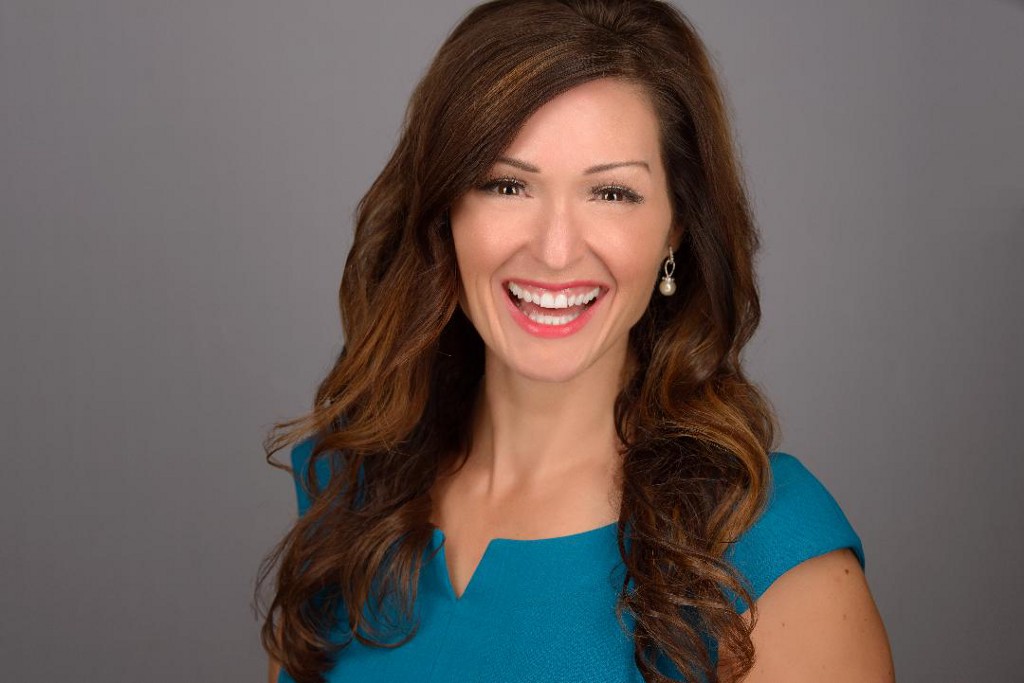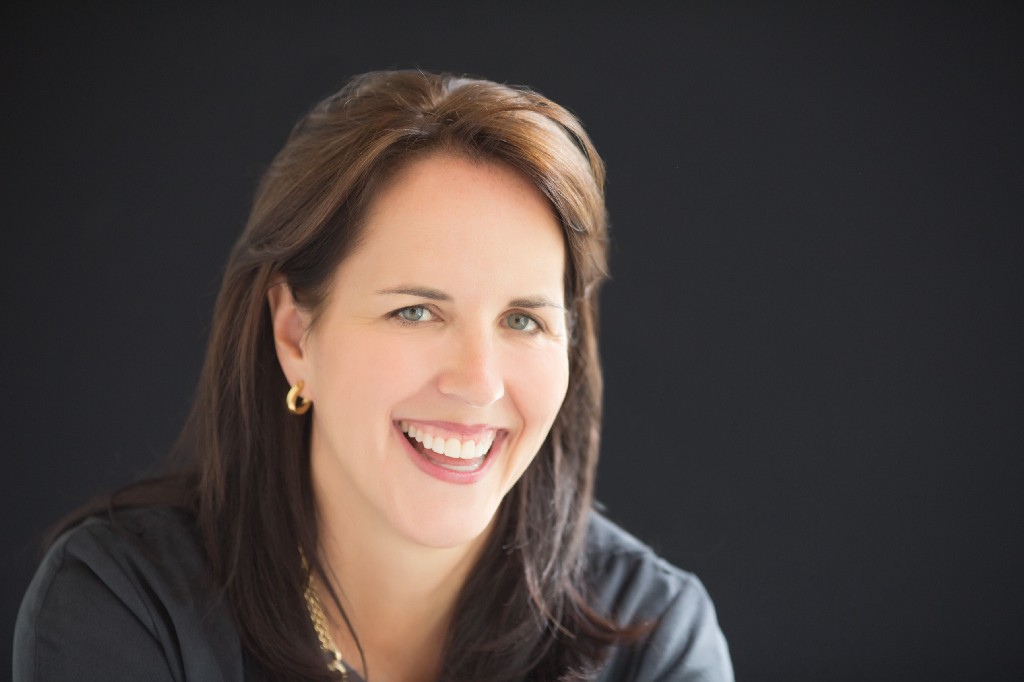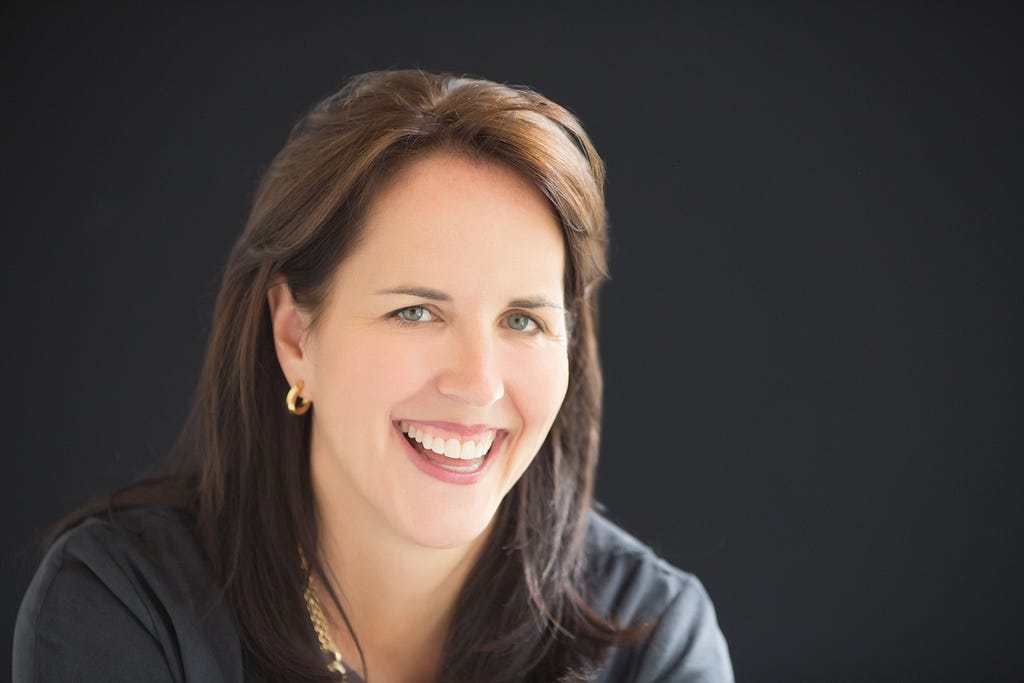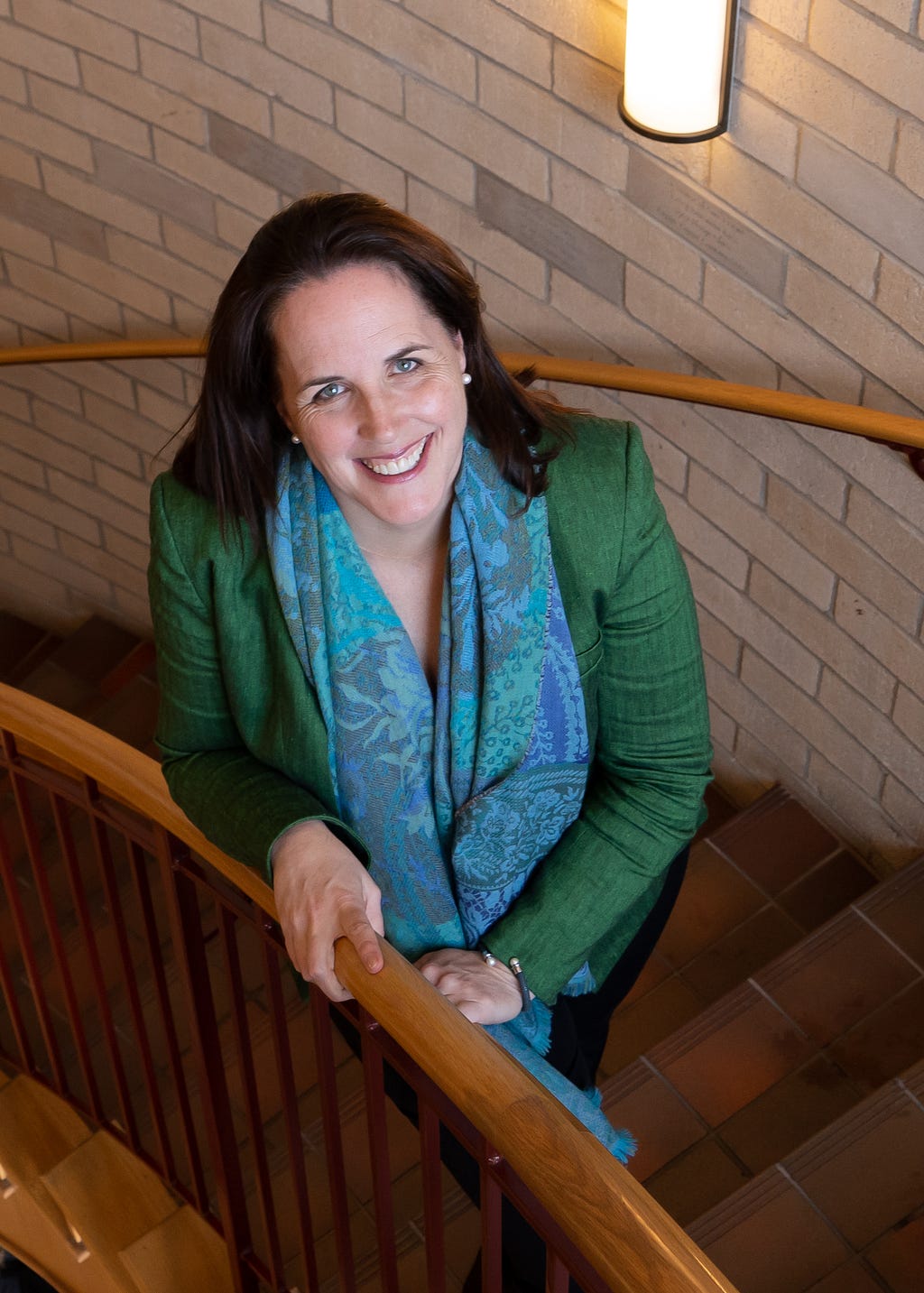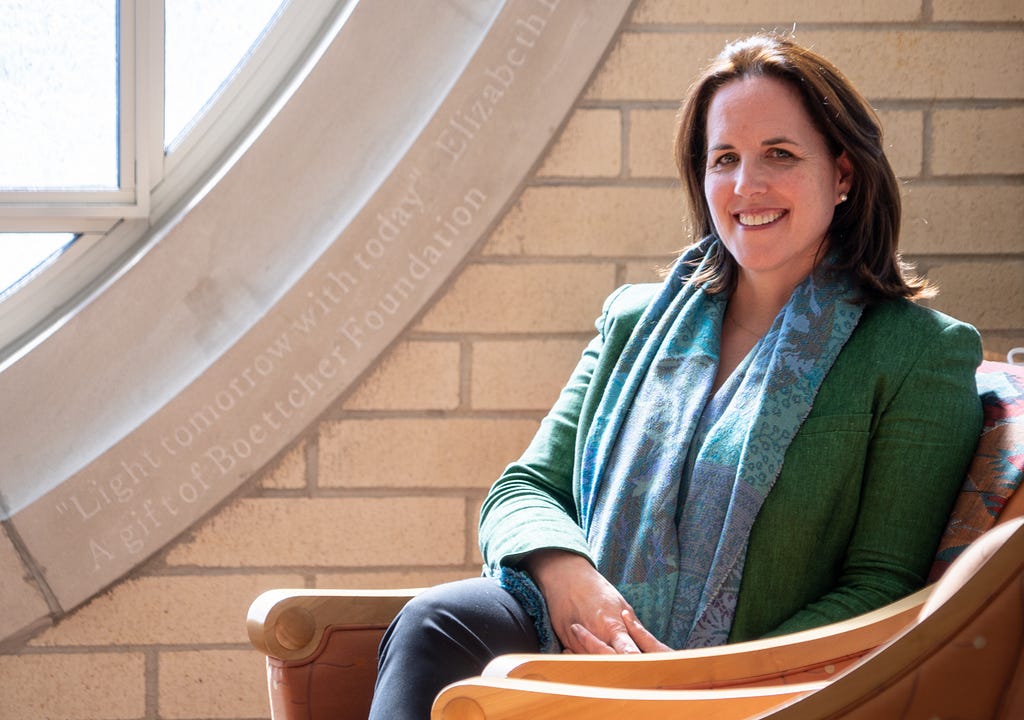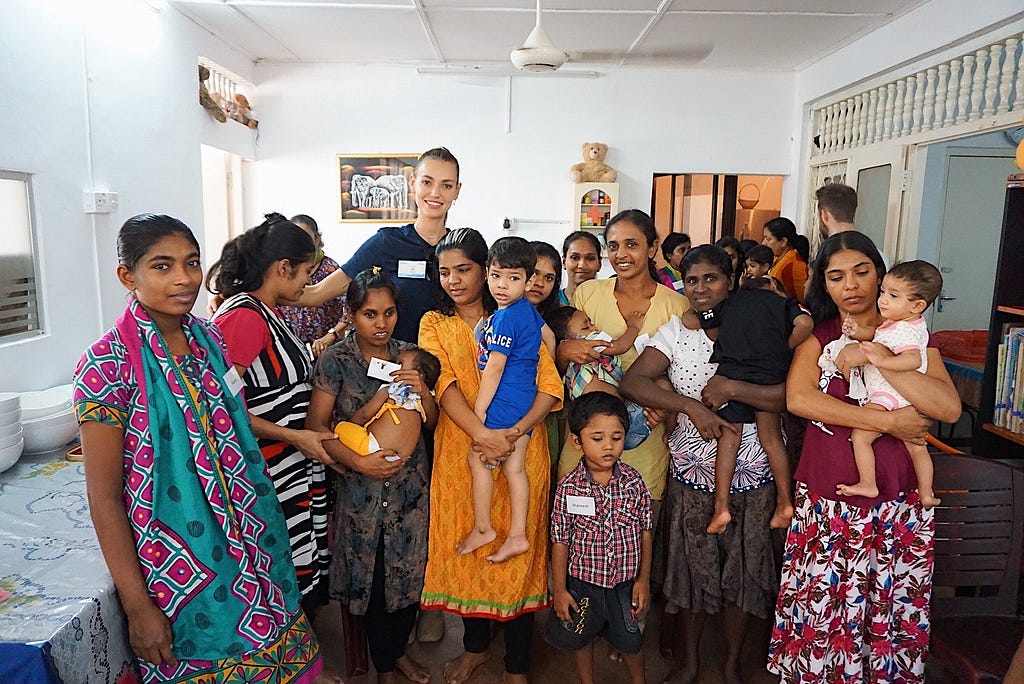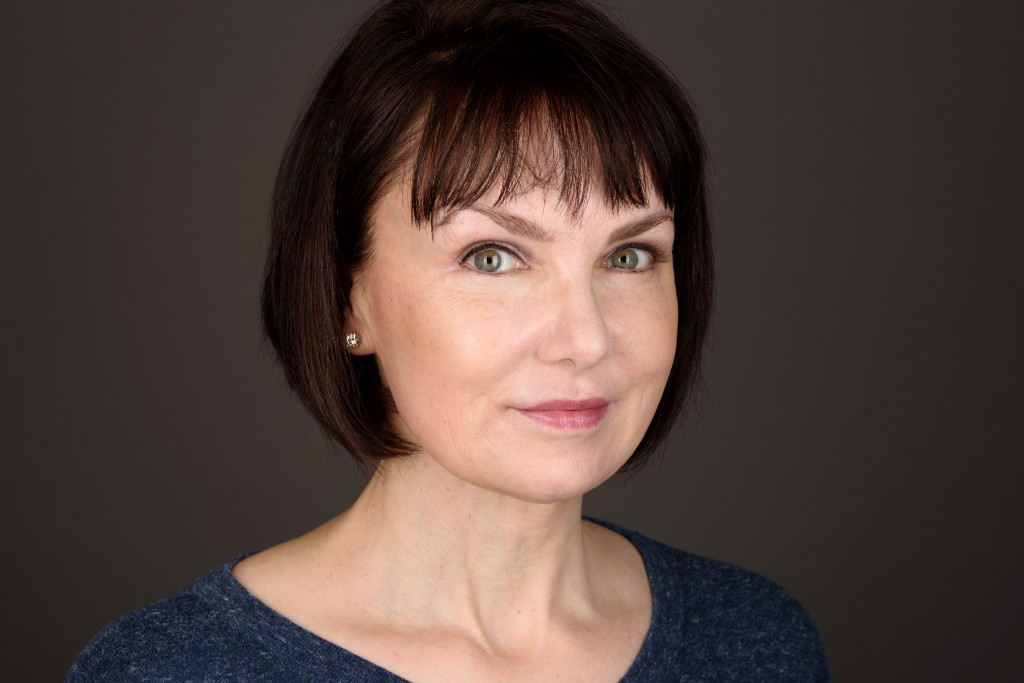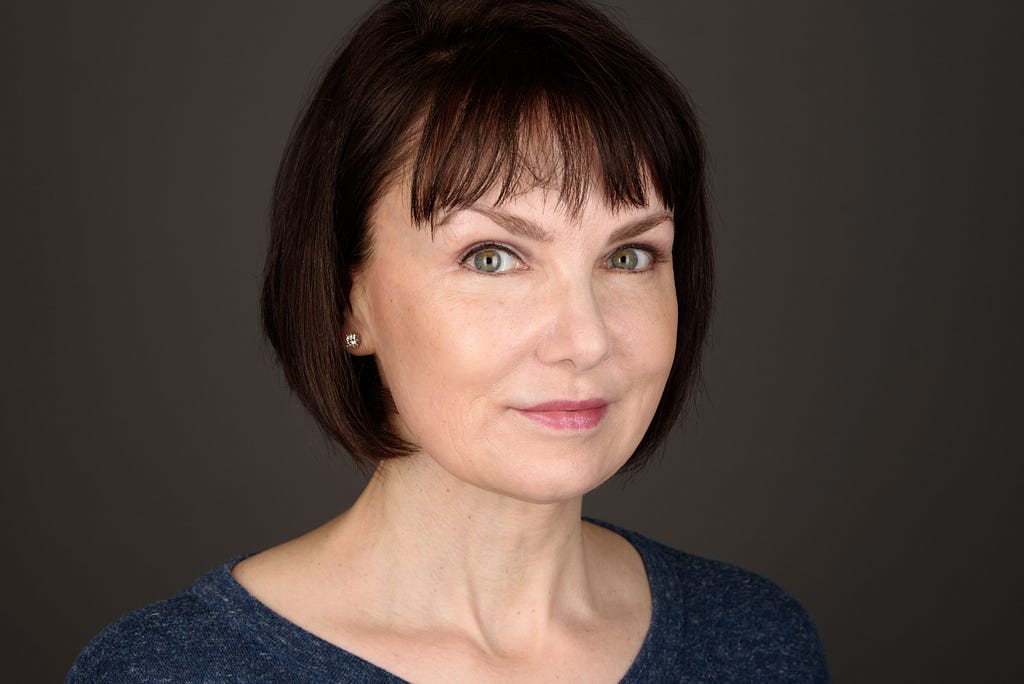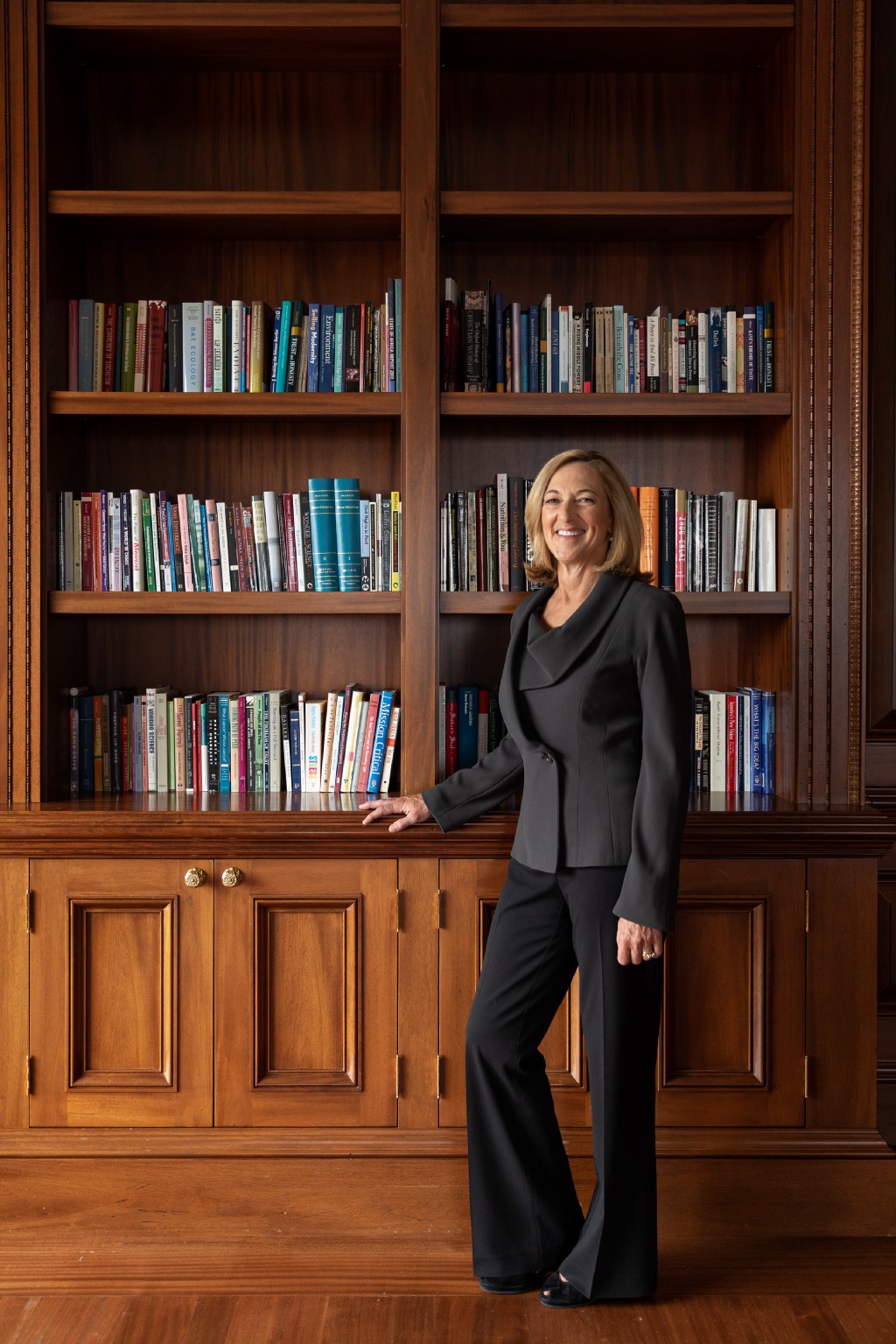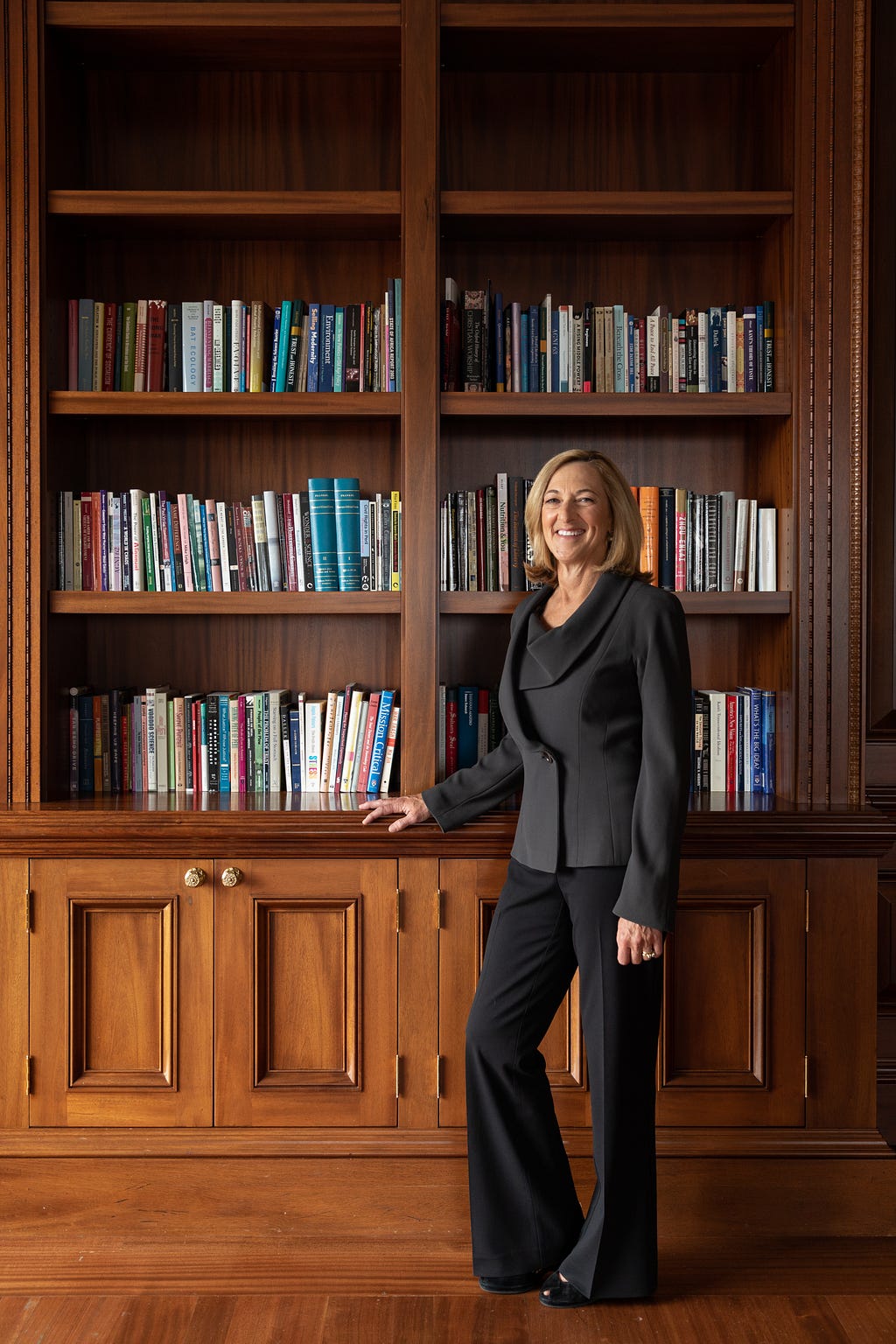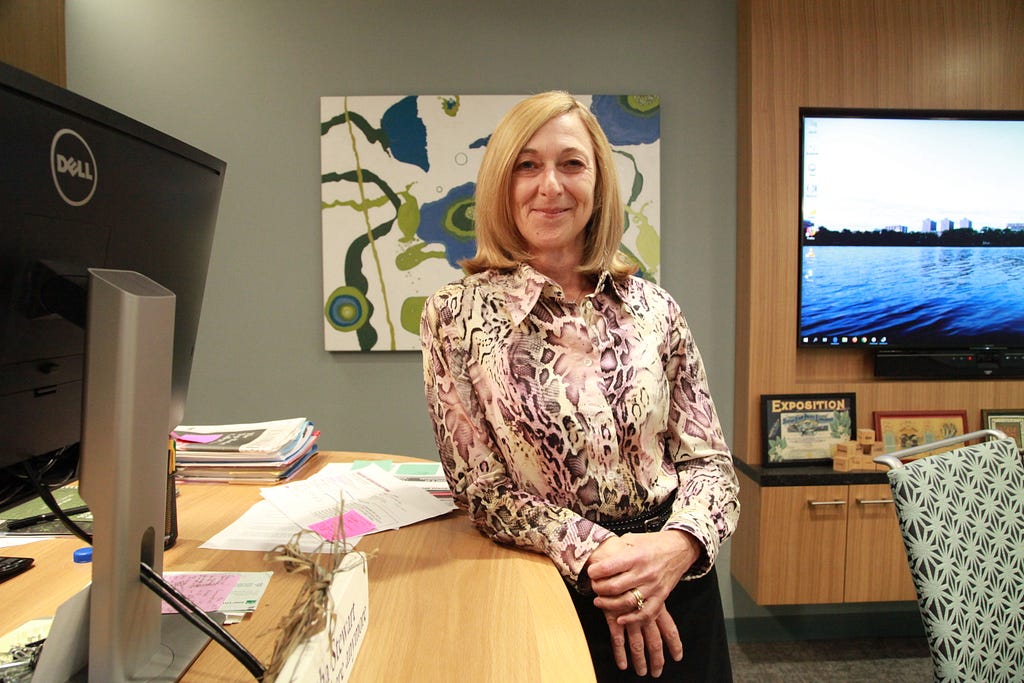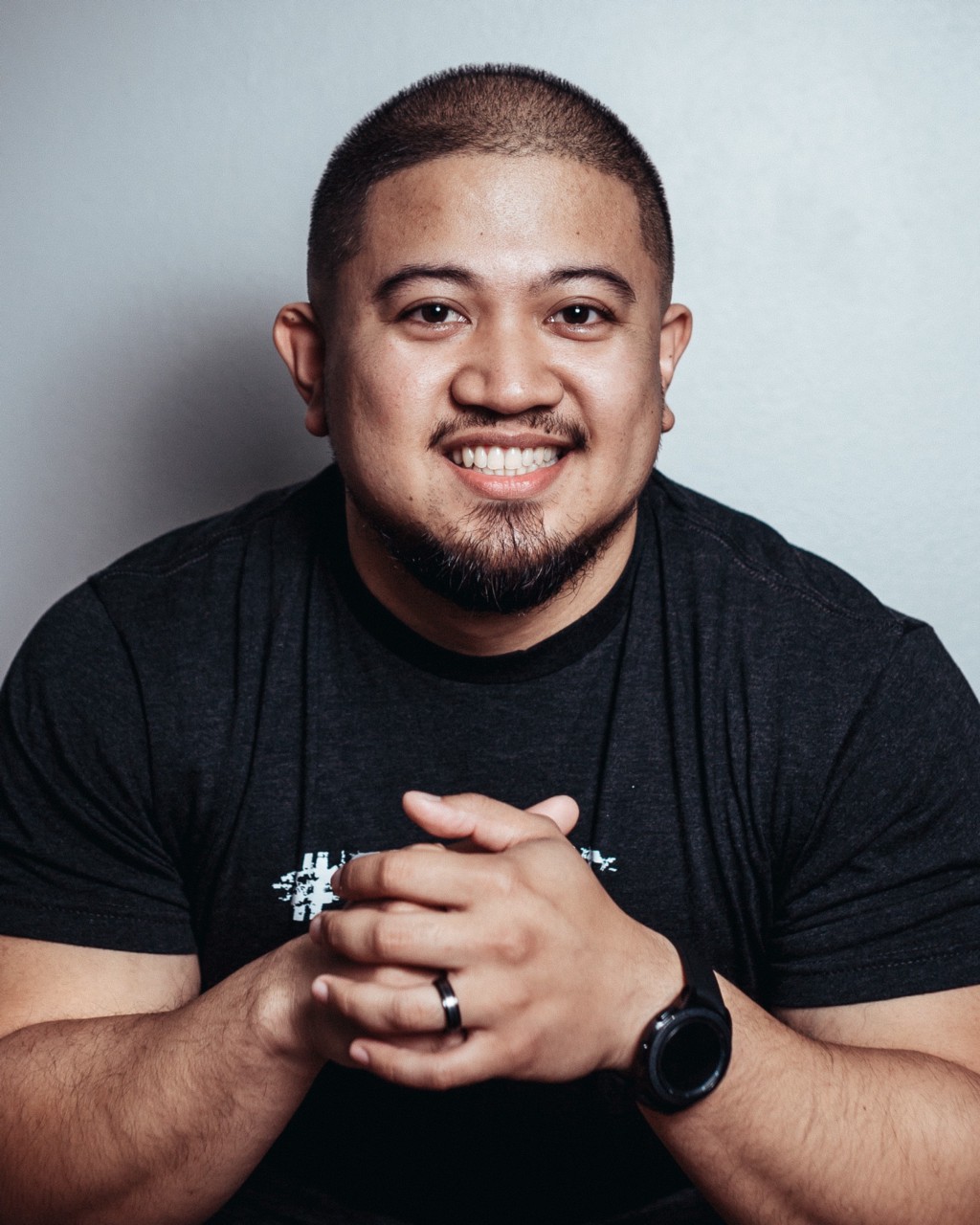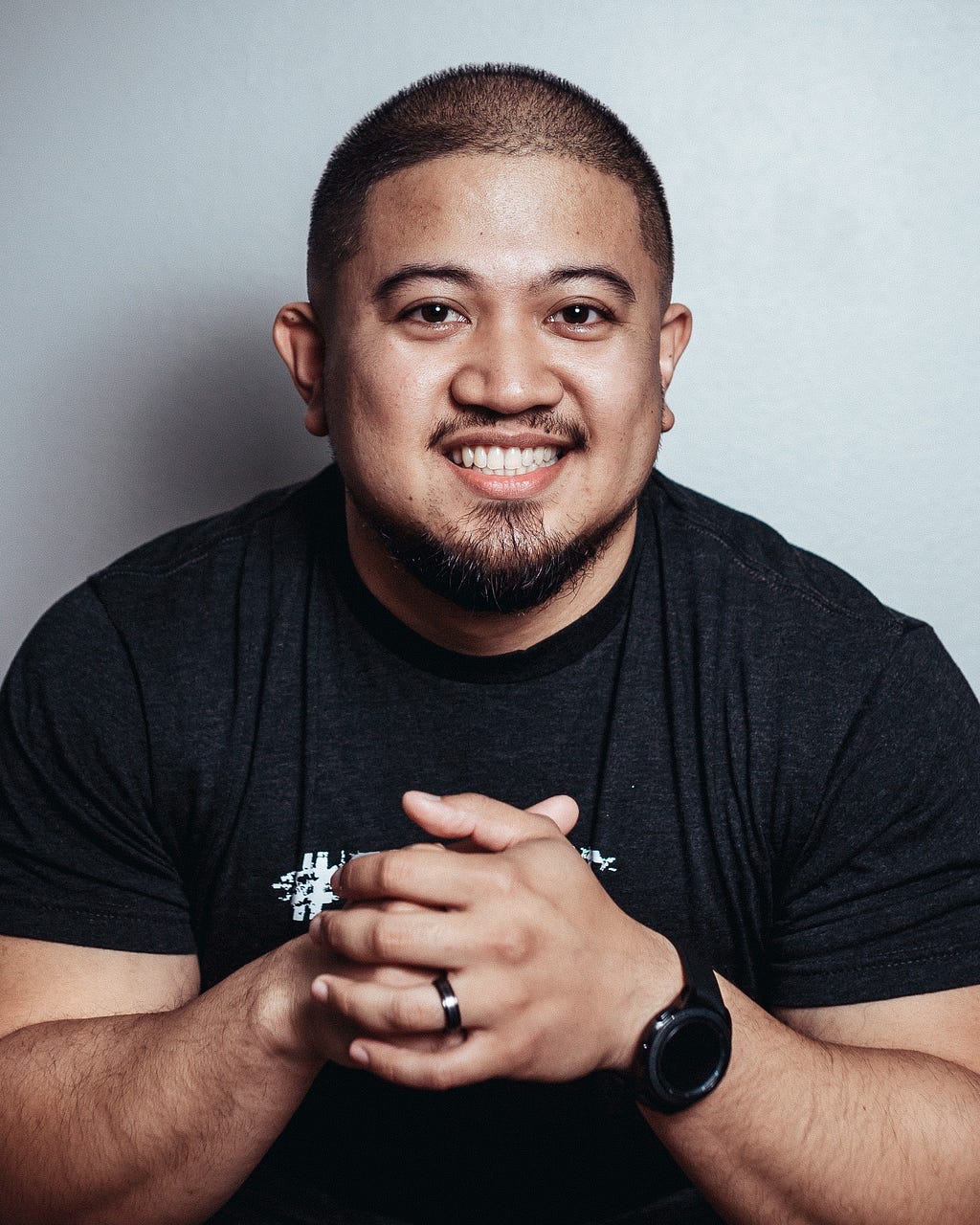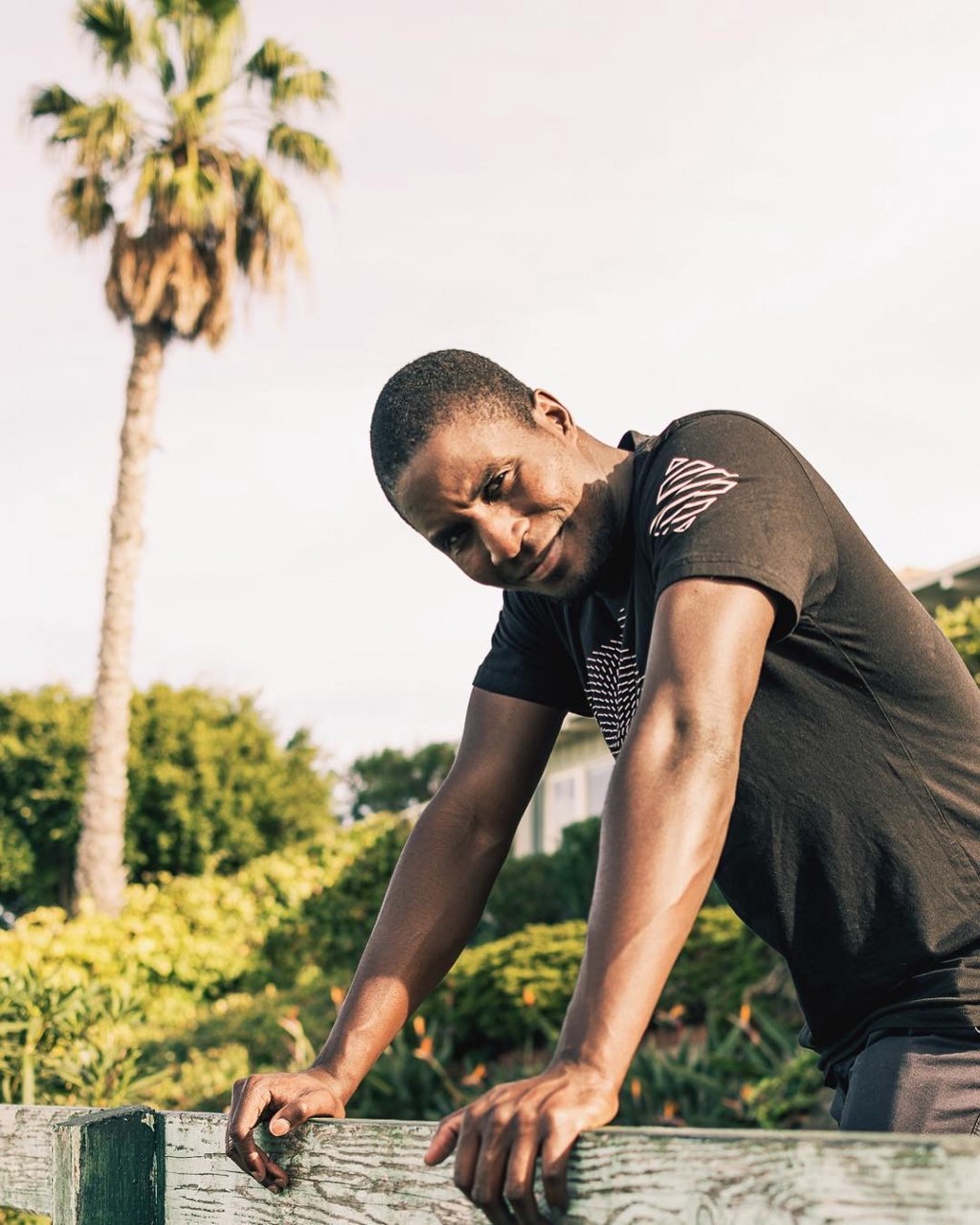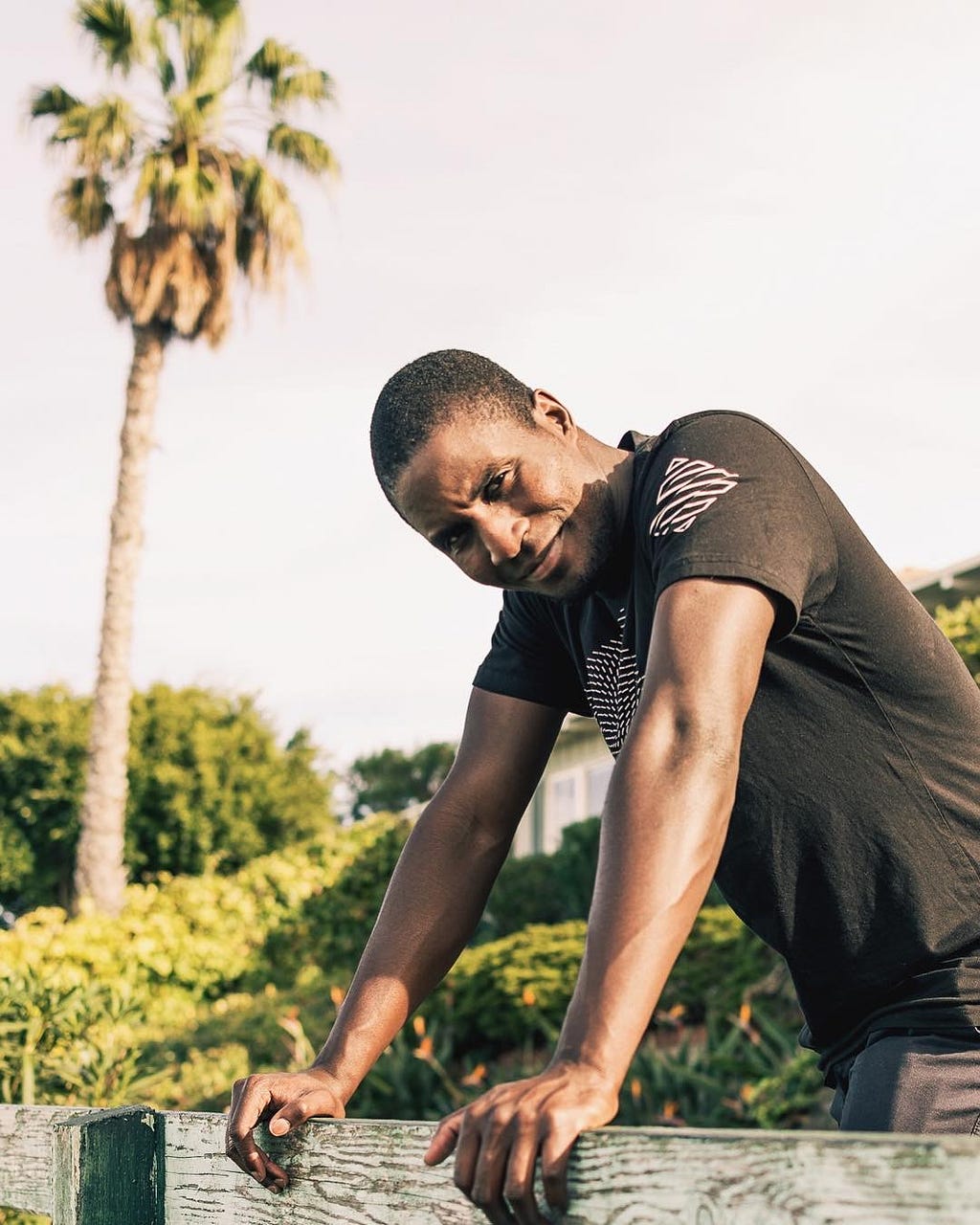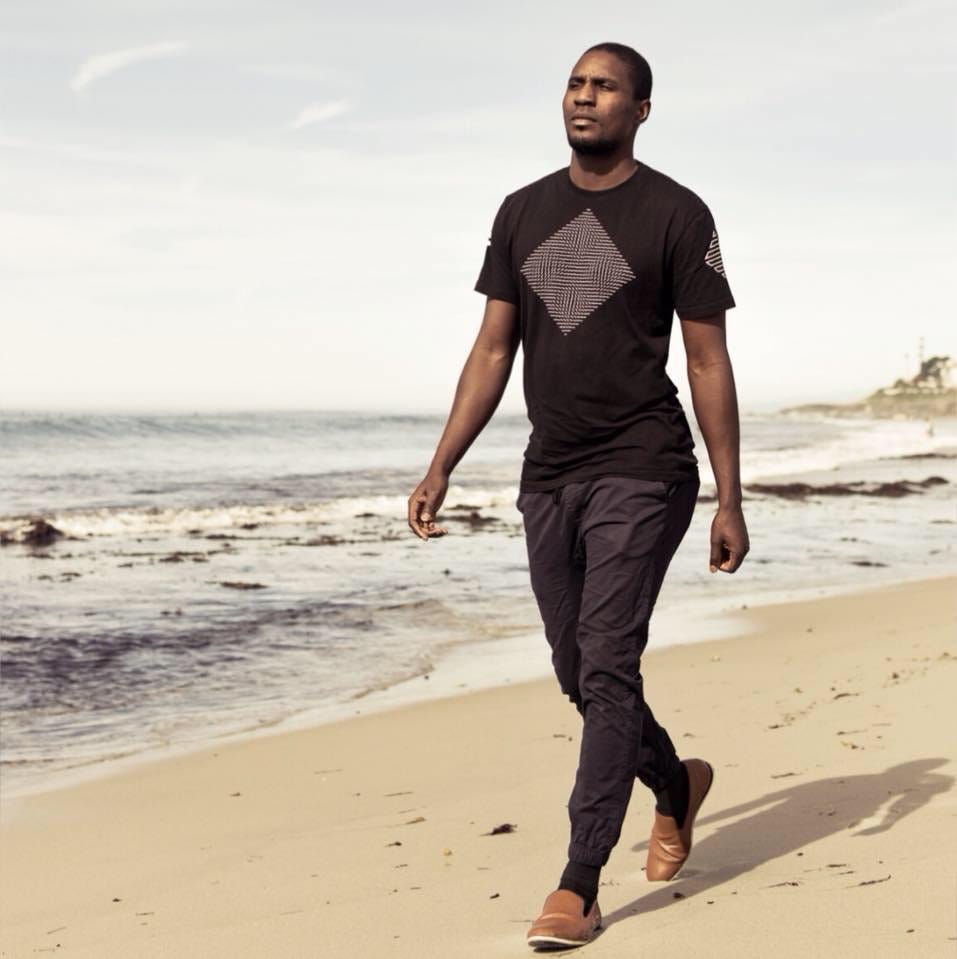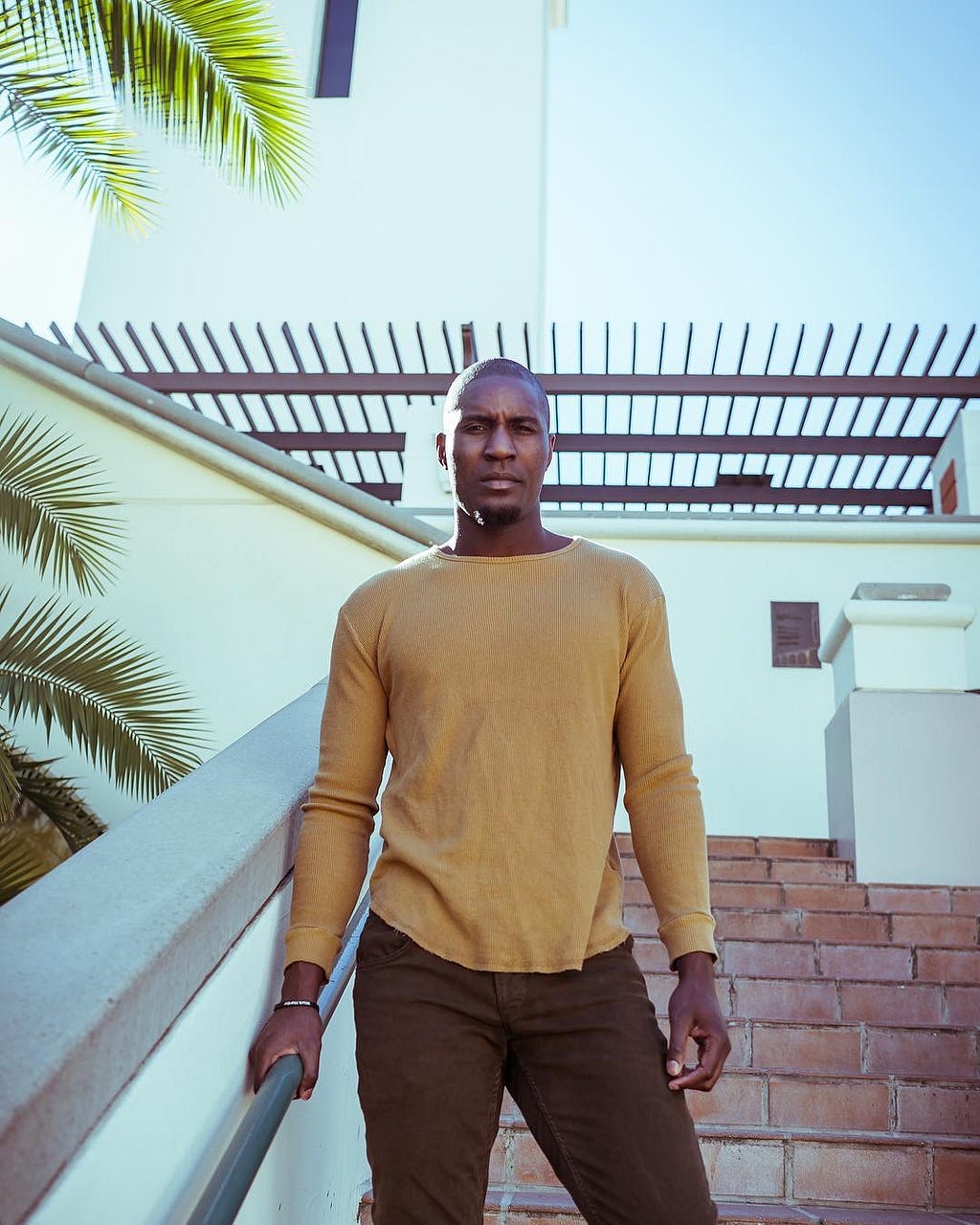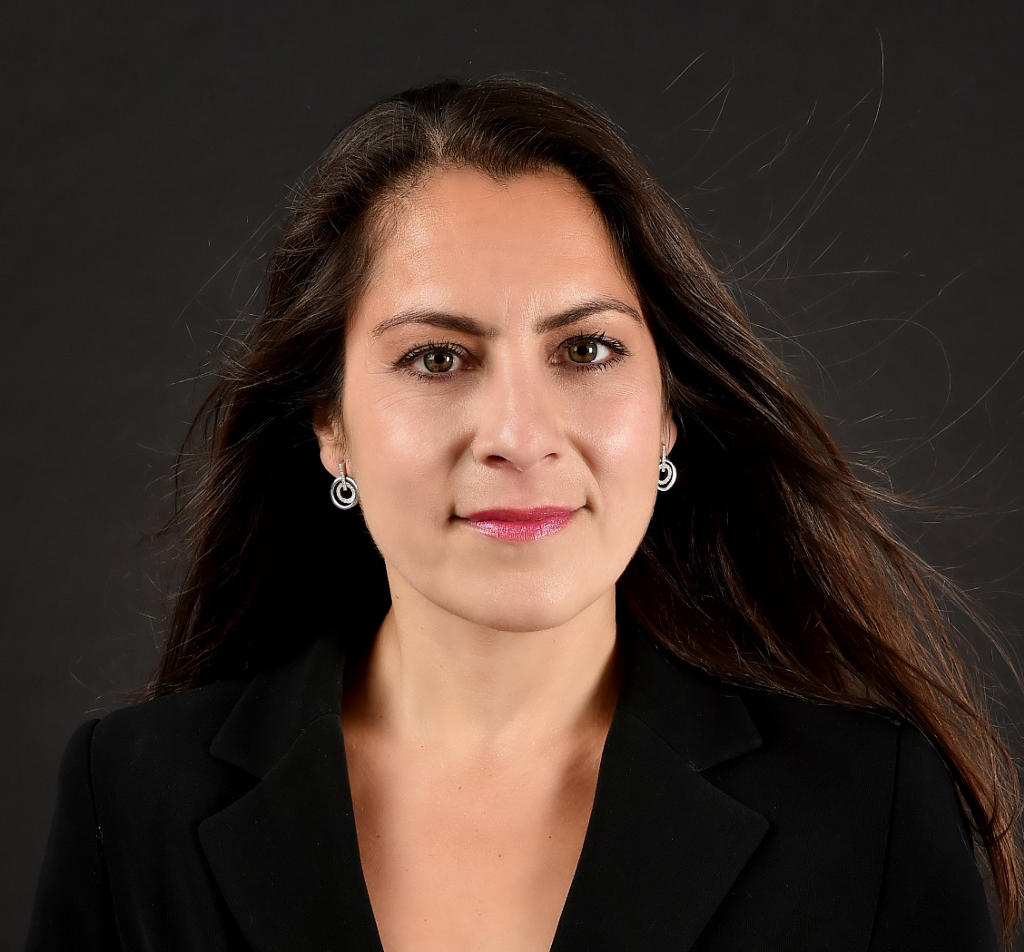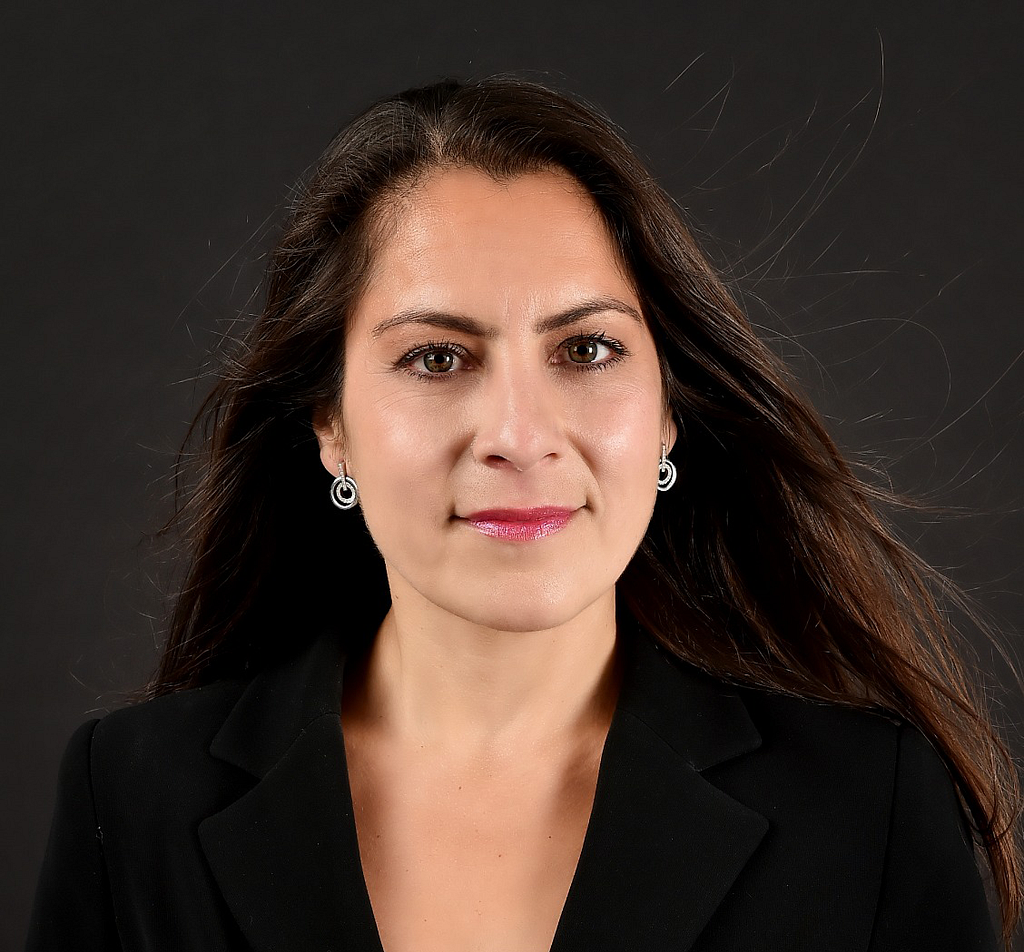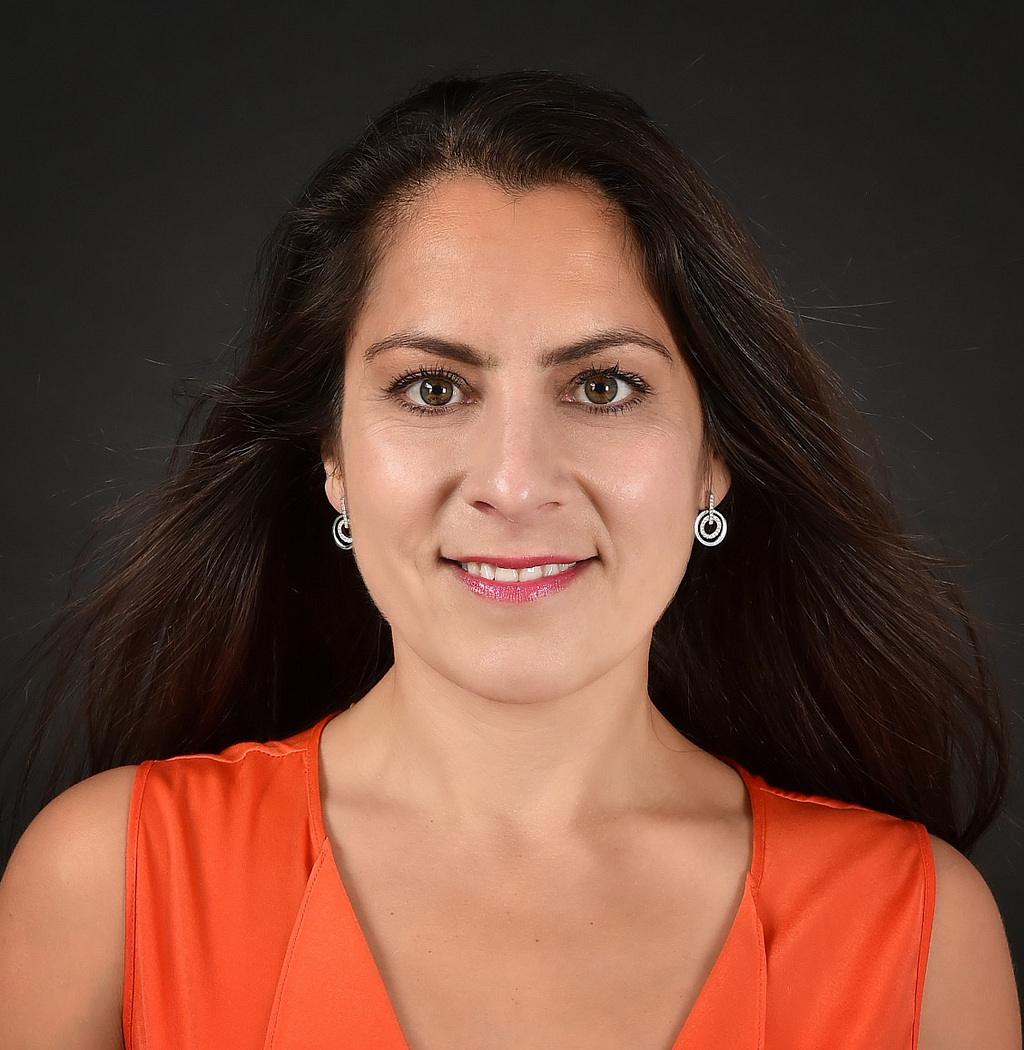“5 things we need to do to close the gender wage gap”, with Ms. Jan Dubauskas and Candice Georgiadis

Review the team. Regularly evaluate the talent pool and consider if there are skilled employees who could rise if given the opportunity. In my last job, there was a woman who was buried in an IT area but who exhibited strong leadership and management skills. I promoted her and gave her the opportunity to grow. In the span of a year, she received two promotions and she’s now a Vice President who is responsible for multiple departments. We need to review the talent that we have and consider if given the opportunity, could they shine?
As part of my series about “the five things we need to do to close the gender wage gap” I had the pleasure of interviewing Ms. Jan Dubauskas. Ms. Dubauskas is Vice President, Senior Counsel for Health Insurance Innovations, Inc. (NASDAQ: HIIQ) an insuretech company where she oversees the Agile Health Insurance and Life Insurance eCommerce Divisions and conducts government and public relations. Prior to joining HIIQ, Ms. Dubauskas served as Chief Legal Officer and General Counsel for IHC Specialty Benefits where she was responsible for its legal and compliance operations. Prior to that, Ms. Dubauskas served as Secretary and General Counsel for Oxford Life Insurance Company where she was responsible for legal and compliance. Ms. Dubauskas graduated with a Bachelor of Arts from the University of Oregon and obtained her Juris Doctorate from Arizona State University College of Law where she graduated as a Pedrick Scholar. Ms. Dubauskas is an attorney licensed in the state of Arizona.
Thank you so much for joining us! Can you tell us the “backstory” that brought you to this career path?
Absolutely! Most people don’t decide to become an insurance lawyer and I certainly didn’t know that was my future either. What I did know is that I had a hunger to work hard and contribute to a business.
My first job as a lawyer was at U-Haul International, Inc. and one of my clients was their affiliate, Oxford Life Insurance Company. I started working with the Oxford Life team and really dug into the nuances of the business, learning and contributing as much as I could. When their General Counsel left, they approached me and asked if I’d be interested in learning even more.
When considering the opportunity, I thought that insurance was too much of a niche market and I’d create a problem for my career growth later on, but then I realized that insurance is an enormous area that impacts every single person throughout all stages of their life with their health, life, auto, homeowners insurance and more.
Once I realized how broad insurance really can be, I dug in deep and haven’t looked back!
Can you share the most interesting story that happened to you since you began this career?
The thing I’m most proud of is my son’s reaction to my career. Over the last few years, I’ve started working with government and public relations, speaking at national conferences, meeting officials at HHS, Department of Insurance Commissioners — and more recently I’ve had the opportunity to appear on national cable tv shows. My son (17 years old) wants to be a lawyer like me and says, “Mom, you’re a bad ass!”
Can you share a story about the funniest or most interesting mistake you made when you were first starting? Can you tell us what lesson you learned from that?
This one is pretty embarrassing — as I said, my first legal job was at U-Haul International, Inc., and I got it in a very unusual way! One of my professors was well connected at U-Haul and said they had a job opening so he gave me the phone number for the General Counsel. After working up my nerve, I called his number and got the secretary who said the General Counsel was in a meeting and she’d take a message. After the call, I realized I should have given her my cell number so I called back and got a deep, gravely — and definitely male voice on the other end! I was so surprised, I hung up! Yes, I hung up on the General Counsel for U-Haul! After taking several deep breaths and waiting 5 minutes, I assumed he would definitely be in his meeting. So I called back and the same deep, gravely and definitely male voice answered! I said, “Hi, my name is Jan, I just called and…” and he finished “Yeah — you just called and hung up on me!” He started laughing uproariously.
We laughed really hard over it and needless to say, we smoothed it over and I got the job. After that embarrassing experience, I’m always prepared to make my best pitch when I make a phone call because you never know who’s going to answer the phone!
Ok let’s jump to the main focus of our interview. Even in 2019, women still earn about 80 cents for every dollar a man makes. Can you explain three of the main factors that are causing the wage gap?
Let’s start by acknowledging that the pay gap is decreasing over time as more and more women enter the work force and graduate from college and post-graduate programs. Universities have more female than male students and this will only grow as our girls in elementary and high school are encouraged in STEM, math and other scientific programs. However, we do experience the pay gap today.
Culturally, we raise our families around a primary caregiver, typically the mother. Many women are thrilled to be the primary caregiver for their children and make that choice. It is noble and it is a worthy choice to make. The most important investment we make in life is in our children. And with any investment comes sacrifice. If the mother is the primary caregiver, then she’s sacrificing time she could have spent growing her career and earning a higher wage.
On the other hand, there are women like me who choose to work while raising children (my husband and I have a blended family with 5 children ages 21, 19, 17, 3, 2). My sacrifice is different, I give up time with my children to pursue career goals.
Can you share with our readers what your work is doing to help close the gender wage gap?
At HIIQ, we treat all contributors to the team as gender neutral; hiring and promotion decisions are based on results. And the results are interesting; our leadership team is 60% female. When decisions are based on results and the team is given the opportunity to learn about the business, it opens the door for everybody to decide whether they’d like to put in the hard work to grow.
As a leader in the health insurance industry, as well as in the life insurance industry, it’s important to share knowledge and mentor those within the sphere of influence. One of the fun things my eCommerce team does is a monthly book club. We’re focusing on basic business principles for the next couple of months and then we’ll move into more insurance-specific topics to give all members of the team a chance to learn and grow.
Can you recommend 5 things that need to be done on a broader societal level to close the gender wage gap. Please share a story or example for each.
Work in companies that value our contribution and pay accordingly. There are many companies that value the employee’s work product and contribution to the organization over their gender. Find those companies and work there. One of the companies I worked for early in my career was known not to pay well at the top levels. While I worked hard and got rewarded by increased responsibilities and opportunities, increases in wages just didn’t happen despite regular discussions about wages with my supervisor. Because I was confident I could get paid more for the same work elsewhere, I started looking for another job and within 6 months, accepted a position making more than double! Find the company that values your contributions and will pay you accordingly.
Close any gaps in skills. The insurance industry is famous for certificates and designations that show someone studied a particular area of the business. Most signatures go something like this: Jane Smith, ABC, DEF, GHI and loudly call out many designations. At my first job in the insurance industry, I was surrounded by much older men who all had several insurance designations they proudly displayed on their walls. Realizing that these designations indicate dedication to the industry and eagerness to learn, I spent the next year working in my own time to gain a designation — and not only did it garner me more respect in the workplace with coworkers and colleagues, I learned a lot, too. Consider what designations or certificates or skills are needed to excel in the industry culture — and then go out and get them.
Review the team. Regularly evaluate the talent pool and consider if there are skilled employees who could rise if given the opportunity. In my last job, there was a woman who was buried in an IT area but who exhibited strong leadership and management skills. I promoted her and gave her the opportunity to grow. In the span of a year, she received two promotions and she’s now a Vice President who is responsible for multiple departments. We need to review the talent that we have and consider if given the opportunity, could they shine?
Have confidence. It is important to have confidence in the work that we do and the ideas we present. A lack of confidence can hurt our career and our wages when we fail to provide important research, share good ideas or contribute verbally during important team meetings. While it can be intimidating to come forward with what we know, how will our peers and superiors know what we offer if we don’t tell them? They won’t. A colleague of mine is smart and ambitious but in group settings, she is reticent to speak up and creates an awkwardness that others fill by simply passing her over. She does great work and until she has the confidence to value her own contribution as much as others do, she will continue to be passed by.
Enjoy networking. The insurance industry is a very tight knit community and people tend to keep tabs on one another over the years. We meet at conferences, regulatory events and business get-togethers. When we get to know more people in our industry, we learn more about how other companies operate, we learn about how other people tackle problems and in turn we think a little differently about how to handle our own problems. Networking gives us an opportunity to shine — and some people will really like us. Every job opportunity I’ve had in the industry has resulted from networking because I enjoy the chance to learn and grow in the community. Consider networking fun, look forward to it and keep an open mind as to what it may bring.
You are a person of great influence. If you could inspire a movement that would bring the most amount of good to the most amount of people, what would that be? You never know what your idea can trigger. 🙂
Curiosity is a person’s greatest asset in business. With curiosity comes humility. We set aside judgement and instead ask questions to learn and understand so that we can grow.
Many people approach their job and their career with a focus on just that — their job and their career — and miss out on the opportunity to learn about their company’s business. Learning about the business gives us the chance to better understand where we fit in and how we can contribute to the business overall.
When approaching a new business, think about and consider the business at hand. Ask: how do we make money? What is the most profitable product? Can we make that product better? Can we make our other products more profitable? Is there something we can do internally to improve our sales or our margins?
Be curious. Think outside of your current job duties and consider the business as a whole. It’s fascinating!
Can you please give us your favorite “Life Lesson Quote”? Can you share how that was relevant to you in your life?
“Don’t be a lazy lawyer.” (Insert your profession) This applies to everybody. Give your client, employer, or boss your best efforts. Don’t stop when you think you have the right answer, stop when you know you have the right answer. Be curious and thoughtful about your work.
During my third year of law school, I had the pleasure of interning with a brilliant lawyer in the Special Litigation Section of the Arizona Attorney General’s office, we focused on the high profile cases. He took time each week to develop a training session for his interns on various aspects of the practice of law. When he would give us a research project or any other kind of assignment, he wouldn’t give us the easy ones, he’d give us hard assignments that would teach us something. One time, he gave us a research project so hard, we couldn’t figure it out. We finally confessed that we were stumped. He got up from his desk, walked us to the library and showed us how to think about the project in another way. He said, “don’t be a lazy lawyer, think and be curious, always research your work until you are certain there is no new information to be found, then you know you’re done.”
Over the years, his advice rings in my head and almost every time I rush a project or make an assumption, the results are not as good as if I had worked through the project in a thoughtful manner. Because of that, I always remember: “Don’t be a lazy lawyer, Jan!”
We are very blessed that some of the biggest names in Business, VC funding, Sports, and Entertainment read this column. Is there a person in the world, or in the US whom you would love to have a private breakfast or lunch with, and why? He or she might see this, especially if we tag them. 🙂
Alanis Morissette! Alanis is a smart business woman who launched her career by unleashing her creativity in spite of protests that it didn’t suit her brand — and look what happened! In a male dominated environment (a subject she confronts), she stands out as an example of what you can do when you believe in yourself. Not only was she a sensation then, she maintains her fame and her business, while raising a beautiful family.
This was really meaningful! Thank you so much for your time.
“5 things we need to do to close the gender wage gap”, with Ms. was originally published in Authority Magazine on Medium, where people are continuing the conversation by highlighting and responding to this story.

